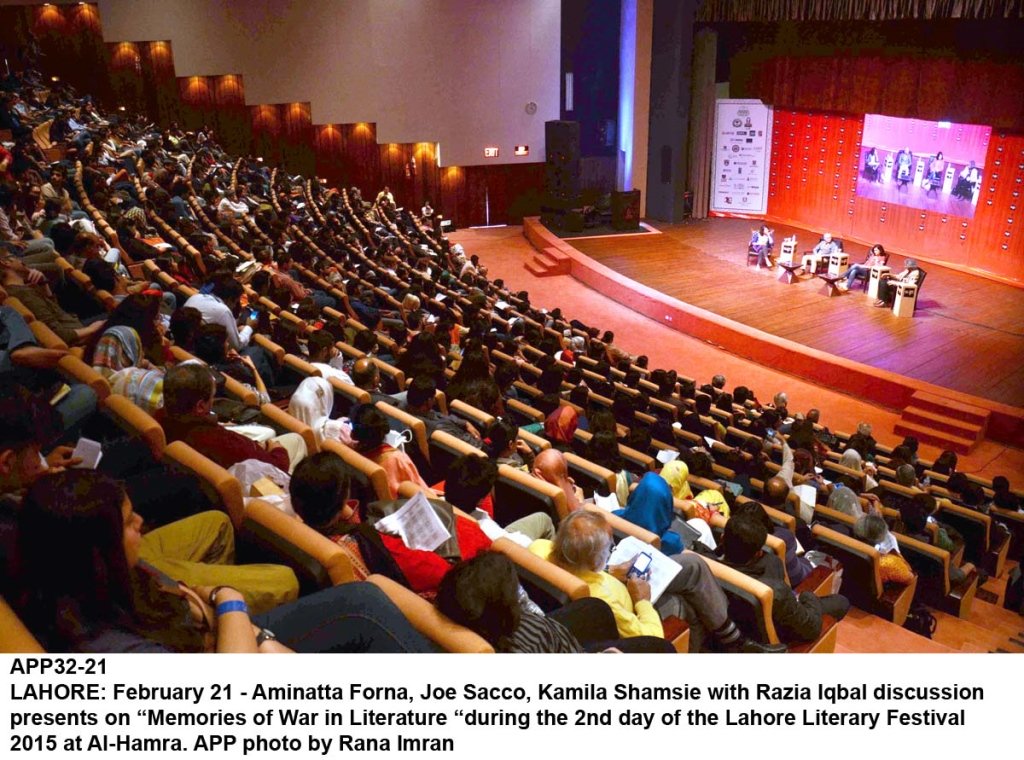
He was responding to physicist Pervez Hoodbhoy at The Wonder that was Cordoba: The Legacy of Tolerance session on the second day of the Lahore Literary Festival.
Earlier, Hoodbhoy said it could be misleading to take the existence of churches and mosques in Cordoba under Muslim rule as a measure of tolerance in these societies.
He said while Muslims and non-Muslims co-existed, the latter did not have full citizenship. “They had to pay jiziya (poll tax),” he said.
Hoodbhoy also referred to the recent suicide attacks on imambargahs and said that it was ironic that both Sunni and Shiite religious leadership condemned such instances but they refused to accept any separation between the state and the religion.
Sardar said there had been widespread interaction between the Muslim and non-Muslim communities in Cardoba. He said major debates amongst Muslims and non-Muslims could be traced back to the region in theology, philosophy and sufism.
Poet Shadab Zeest Hashmi was the other panelist at the session moderated by Ali Qasmi.
Hashmi talked about her poems on Andalus and Cordoba. She said she had tried to depict a realistic account of the region in her poetry. She said this included documentation of conflict resolution from the era.
Moderator Qasmi had introduced Cordoba as a city that managed to establish a tolerant society. He said one could look back at its history to learn about possibility of co-existence amongst different communities today.

1731051730-0/BeFunky-collage-(33)1731051730-0-165x106.webp)


1731049366-0/BeFunky-collage-(31)1731049366-0-165x106.webp)
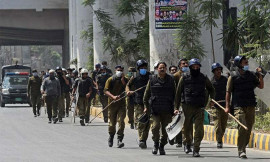

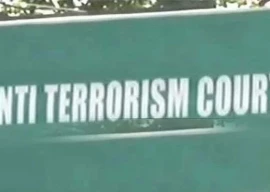
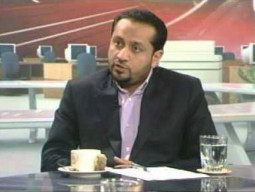

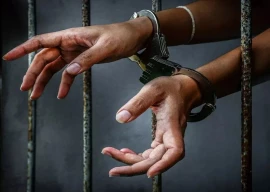






COMMENTS
Comments are moderated and generally will be posted if they are on-topic and not abusive.
For more information, please see our Comments FAQ